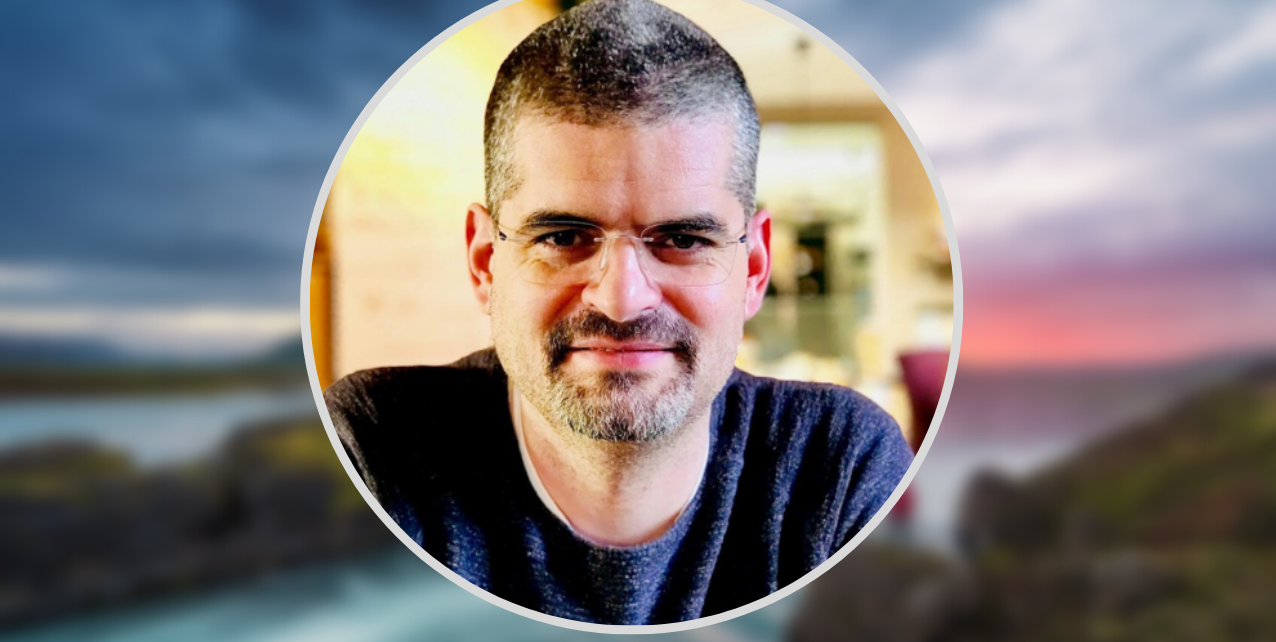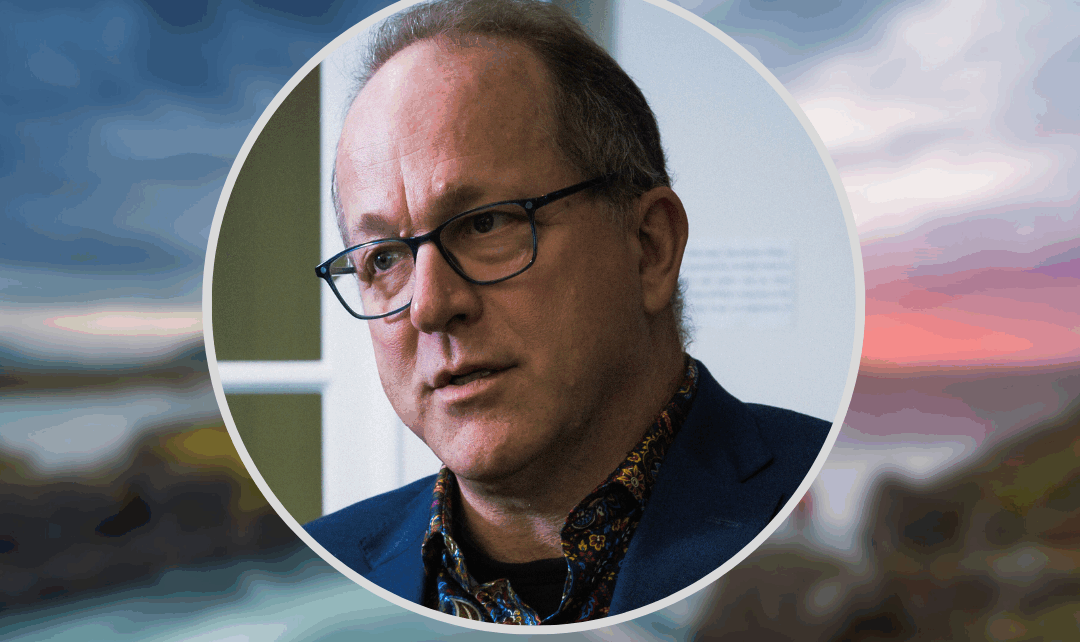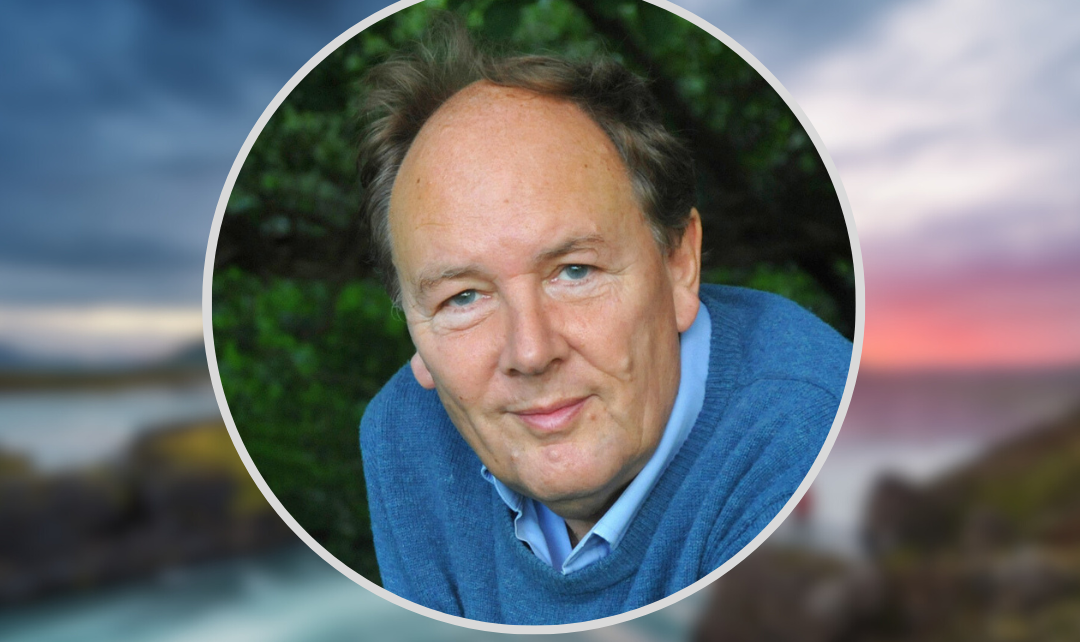Bernardo says that we really have nothing to fear at death, because the end of the alter is not the end of the world. Death is not the reduction of consciousness, but its expansion. Where does contraction and fear fit into this, and how about spiritual practice? What is healthy vs. unhealthy contraction? The discussion then turns to the relationship between the conscious and unconscious mind, and how metacognition fits in. What is enlightenment in terms of the conscious and unconscious mind? See why Dr. Kastrup is causing such a stir in the academic, scientific, and spiritual community with his razor-sharp insights into the nature of mind and reality.
About Bernardo Kastrup –
From BernardoKastrup.com: Bernardo Kastrup is the executive director of Essentia Foundation. His work has been leading the modern renaissance of metaphysical idealism, the notion that reality is essentially mental. He has a Ph.D. in philosophy (ontology, philosophy of mind) and another Ph.D. in computer engineering (reconfigurable computing, artificial intelligence). As a scientist, Bernardo has worked for the European Organization for Nuclear Research (CERN) and the Philips Research Laboratories (where the ‘Casimir Effect’ of Quantum Field Theory was discovered). Formulated in detail in many academic papers and books, his ideas have been featured on ‘Scientific American,’ the ‘Institute of Art and Ideas,’ the ‘Blog of the American Philosophical Association’ and ‘Big Think,’ among others.
Introduction to Bernard Castro – 0:04
Impact of his work on his life – 1:16
The elevator pitch for his work – 8:07
What is matter? What are mental processes? – 13:12
Ego is an arrested form of development – 20:17
When you’re in a dissociated state, you think you are your dream avatar – 25:27
The spiritual path is antithetical to what we’re after – 30:32
Dissociative processes in the mind of nature – 35:33
What we’re discussing here is almost like in a program. We need to contemplate the enormity of this and work to metabolize – 40:30
Culture’s role in our suffering – 45:40
The story of materialism is so illogical and contradictory – 51:54
There are rooms in the palace of mind where you will always be experiencing – 57:53
What is the difference between consciousness and unconsciousness? – 1:03:28
What is buddhahood enlightenment? How does it fit in? – 1:11:24
What would happen if we could reconnect with our child’s self? – 1:17:28
Why there’s still vertigo and fear – 1:25:52
Is nature morally neutral or has more evaluations? – 1:31:02





